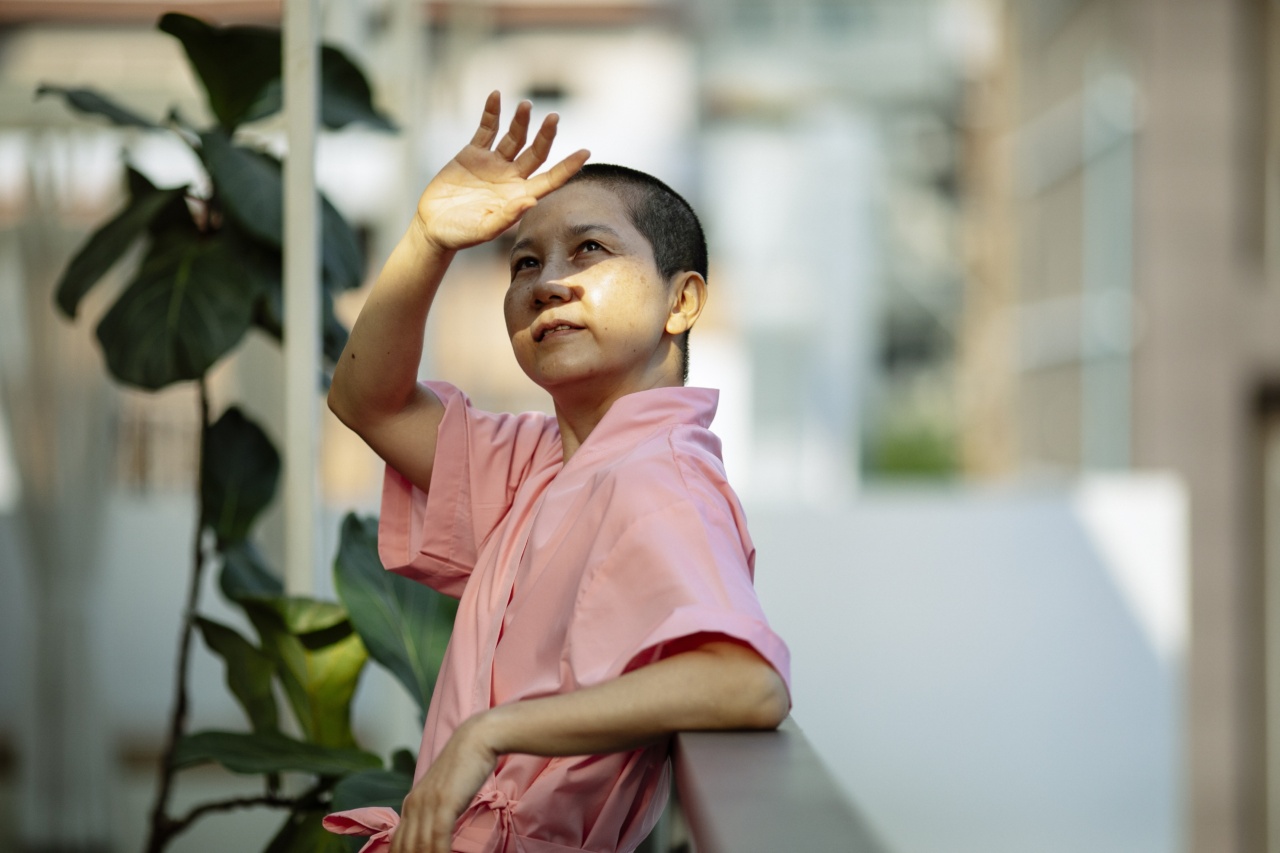Summer is a time of fun and relaxation, but it also brings with it a host of health hazards. As a woman, it is important to be aware of the various diseases that can affect you during the summer months.
By taking necessary precautions and following simple tips, you can safeguard your health and enjoy the season to the fullest.
1. Heatstroke
Heatstroke is a serious condition that occurs when your body overheats due to prolonged exposure to high temperatures. Symptoms may include a high body temperature, dizziness, headache, nausea, and rapid heartbeat.
To prevent heatstroke, stay hydrated, avoid direct sunlight during peak hours, and wear loose-fitting clothing made of light materials such as cotton.
2. Sunburn
Excessive exposure to the sun’s harmful UV rays can lead to painful sunburn. It not only damages your skin but also increases your risk of skin cancer.
To protect yourself, apply a broad-spectrum sunscreen with a sun protection factor (SPF) of at least 30, wear a wide-brimmed hat and sunglasses, and seek shade when the sun is strongest.
3. Urinary Tract Infections (UTIs)
UTIs are more common among women, and the summer season can exacerbate the risk. Dehydration and sweat can create an ideal environment for bacteria to thrive, leading to UTIs.
Stay hydrated by drinking plenty of water, avoid holding in urine for prolonged periods, and maintain good hygiene by changing out of wet bathing suits promptly.
4. Food Poisoning
The hot summer weather can accelerate the growth of bacteria in food, leading to food poisoning. Make sure to cook food thoroughly, refrigerate leftovers promptly, wash fruits and vegetables, and avoid eating street food from dubious vendors.
5. Heat Rashes
Heat rashes, also known as prickly heat, occur when sweat glands become blocked, leading to a red, itchy rash.
To prevent heat rashes, wear loose-fitting clothing, keep your skin clean and dry, and avoid excessive sweating by staying in well-ventilated areas.
6. Dehydration
In hot weather, you are more likely to become dehydrated due to excessive sweating. Dehydration can lead to fatigue, dizziness, and even heat exhaustion. To stay hydrated, drink plenty of fluids such as water, coconut water, and fresh fruit juices.
Avoid excessive consumption of caffeine and alcoholic beverages as they can contribute to dehydration.
7. Allergies
Summertime allergies can be triggered by various factors such as pollen, grass, or insect bites.
If you are prone to allergies, try to limit your outdoor activities during high pollen count times, keep windows closed to prevent allergens from entering your home, and consider using over-the-counter antihistamines to manage your symptoms.
8. Insect-Borne Diseases
As temperatures rise, so does the population of insects like mosquitoes and ticks, which can transmit diseases like West Nile virus and Lyme disease.
Protect yourself by using insect repellents, wearing long-sleeved clothing, and avoiding areas with high insect activity, especially during dawn and dusk.
9. Heat-Related Edema
Heat-related edema is the swelling of the hands, feet, and ankles due to fluid retention caused by excessive heat.
To reduce the risk of heat-related edema, elevate your legs when resting, avoid standing for long periods, and wear loose shoes that allow your feet to breathe.
10. Skin Infections
Summer activities like swimming in public pools or using shared gym equipment can increase your chances of contracting skin infections like athlete’s foot or fungal rashes.
To prevent skin infections, avoid walking barefoot in public areas, dry your skin thoroughly after swimming, and maintain good personal hygiene by regularly washing your hands.































